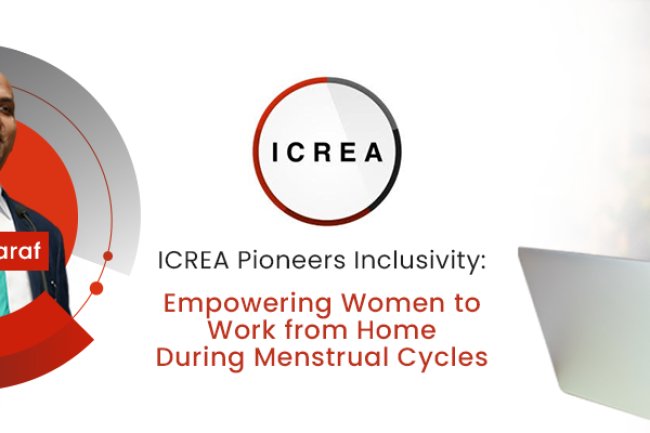Is the creation of rental assets bad business for a cash-rich firm?
The stock market has generally been unkind towards hotel stocks, and companies that have deployed surplus cash towards building and running rental assets like hotels have been continuously questioned on their asset allocation. They generally command lower valuations vs companies that may just keep cash in, say, mutual funds.

This then leads to the question: why do people build rental assets like hotels in the first place if the valuation accorded to it is so low. Maybe, part of the answer lies in the alternate use of funds that the same money can be put to (choices with an entity may be lesser or cash flow may be so large that the alternative uses are exhausted) and part of the answer may lie in the fact that leverage allows for higher RoE, which the owners would focus on as their cash flow even though the overall ROCE is lower.
Over the past few years, when quality has been in huge focus, Return on Capital Employed (RoCE) has become a key metric for judging the richness of a business, and rightly so. A further improvement has to look at core RoCE (or RoIC) to judge what the business is generating and taking out cash on books from the overall calculations and also any earnings on that cash. This seems very fair.
Let’s look at it slightly differently. How much does cash invested in MF (which is the usual avenue of investment) earn? It may have earned 8 per cent plus in the past in a liquid fund, but now with the reduction in interest rates, that earnings would be much smaller, say, 6 per cent. Yes, this cash is liquid, and a company can readily take it out to deploy for other purposes, say, a CAPEX need or an acquisition.
That said, many cash-rich companies -- for example FMCG or IT players -- have seen cash on the books increasing year on year. In any case, a minimum amount of cash is always maintained. Instead of maintaining the cash, if the company, after satisfying all business needs and paying out a good dividend, uses it to build rental assets, it is frowned upon as a bad asset allocation.
This may not be true. Compared with keeping cash on the book, building rental assets may be a better thing to do, as yields on rental assets such as hotels may already be higher than that of cash and in future, the gap may only increase.
In the West, rental yields are materially higher than bond yields, and that may become a sustainable trend in India as well. As far as liquidity of the asset is concerned, it is less liquid vs an MF investment. However, for cash-rich businesses, instant liquidity is probably not even required. If an opportunity arises that requires immediate cash, such a business (a positive cash flow one) can borrow for a short period within which the rental asset can be sold off.
Here there is another point. In a scenario where interest rates are falling (and could continue to), the value of the rental asset would increase over time. Hence this kind of investment could not only give better current yields (with lesser volatility vs MF investment on the mark to market considerations) but also higher capital yields.
All in all, the rental investment could be a seriously superior investment than putting money in MF liquid method.
Hence, while things may have been different in the past as liquid yields were higher, the future may be different. I think the lens with which investors look at rental assets could change in the future if liquid yields drop and stay low and companies make it clear that rental assets are to be seen as an alternate use of cash, which could be monetised if a better opportunity comes by rather than see it as a part of the core business.













